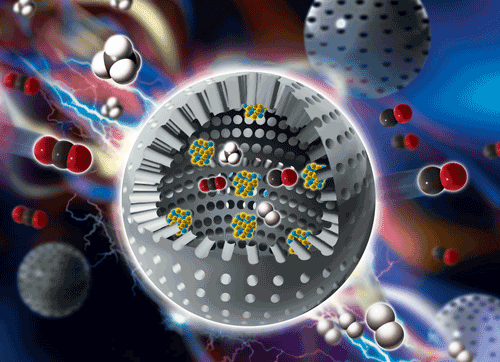Research at the EMS Energy Institute is aligned with future challenges for energy and material needs in the areas of energy storage, conservation, transfer, efficiency, control, and generation. The philosophy of the EMS Energy Institute’s Nanomaterials Program is that the elementary steps of energy transformation, storage, efficiency, conservation, control, conversion, and generation (e.g., charge transfer, molecular rearrangements, chemical reactions, etc.) take place on the nanoscale, as interfacial processes. Therefore, nanomaterials acting as interfacial modifiers can profoundly alter the energy landscape. At the Institute, our research involves:
- Developing new nanoscale materials by model, design, and experiment
- Using electron microscopy and spectroscopy-based methods to characterize these materials
- Employing physical and chemical processes to manipulate and assemble them, followed by performance evaluation either as a material or integrated into a device/system



